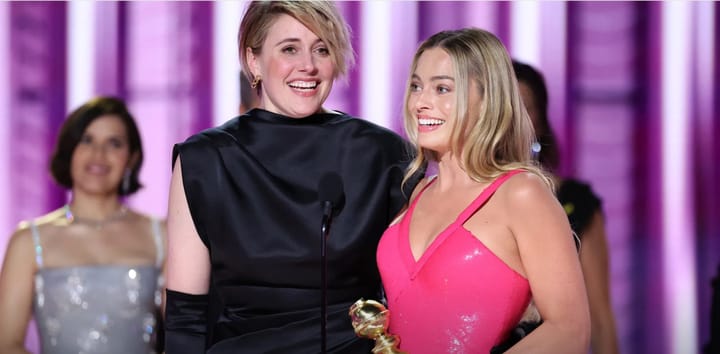White Feminism and Modern-Day Perceptions of Girlhood

By Hodan Sultan, BA History of Art and History
White Feminism does not represent me, but I have been conditioned to think that it does. I went to an all-girls state school where we constantly had assemblies and classes about ‘Feminism’ and how, as women, we stood for more than what society saw us to be. Yet, I could feel a metaphorical divide—that these everyday discussions were not fundamental concerns of mine nor any other POC girl in the room.
This lingering feeling continued to dwell on me growing up, as I would consume media with little to no representation or witness women of colour across the globe face harrowing challenges for these women to be faced with silence from mainstream feminism. I wanted to know what this was, and it had a name. I later determined that the sentiment I referred to as ‘lingering’ arose from those who championed ignorance under the pretence of obliviousness. This is one which adversely affects women of colour and is a feeling which I encounter in today’s feminists.
Bell Hooks, an influential feminist activist, best describes this in her 1984 book, Feminist Theory: From Margin to Centre, where she says that “white women who dominate feminist discourse today rarely question whether or not their perspective on women’s reality is true to the lived experiences of women as a collective group. Nor are they aware of the extent to which their perspectives reflect race and class biases…”
POC Coming of Age Movies and Girlhood
Whiteness has seeped into stories about youth.
Narratives that highlight POC are hardly seen in the public eye. I have always been fond of coming-of-age stories, especially when I was a teenager, and, of course, because that is the age at which the genre would have been intended for me, is it not?
Historically, most films about young girls navigating life and its challenges are predominantly stories about white voices, and this has long controlled mainstream media. There has been an interest in femininity in coming-of-age films and an aestheticised portrayal of it, like in The Virgin Suicides (Sofia Coppola), Thirteen (Catherine Hardwicke), or Lady Bird (Greta Gerwig). All three of these films explore different aspects of girlhood, whether that be about the feminine sublime or about the relationship between a daughter and her mother.
While I do relate to the underlying meanings of these stories, these characters never look like me, and no matter how badly I want to make these films my entire personality, there is still the heavy feeling that ‘this isn’t about me’. When you see white faces in films constantly, especially in those relating to ‘girlhood’, you begin to wonder where there is a place for you in that world.
Modern perceptions of girlhood distinctly highlight the presence of non-intersectionality and white femininity. A noticeable disparity exists between coming-of-age films focused on white teenage girls and the relatively few that centre on young women of colour.
French films such as Girlhood 2014 and Divines 2016 focus on the lives of teenage girls and though they are not white, the stories told in these coming-of-age films are vastly different. The erasure of not only girlhood but childhood is clear. Both French films have black girls at the centre of the story but focus on trauma faced in their everyday lives. We see this constantly in media and it has become a whole genre. I want films that present the joys of girlhood. I am tired of seeing the erasure of girlhood when it comes to us. If you asked me, “Hodan what would you like to see?” I would answer by saying, “I think firstly, we need more women of colour directors who want to change the direction of coming-of-age films and we need to allow the space for this. I want to picture girlhood on screen that I relate to.” And I not only speak for myself when I say that it is tiring to see such portrayals of trauma constantly. Though these are true stories that should be told, they are not the only ones.
“If I didn’t define myself, I would be crunched into other people’s fantasies for me and eaten alive.” – Audre Lorde.
“The self-serving feminism and lack of intersectionality weighed heavily everywhere I went.”
Growing up, I did sometimes feel as though my presence and identity were never meant for the places I entered. The self-serving feminism and lack of intersectionality weighed heavily everywhere I went.
The need to address such issues, ones which affect multi-layered individuals globally, is certainly a conversation to be had.
(Photo Credit: Hodan Sultan)

